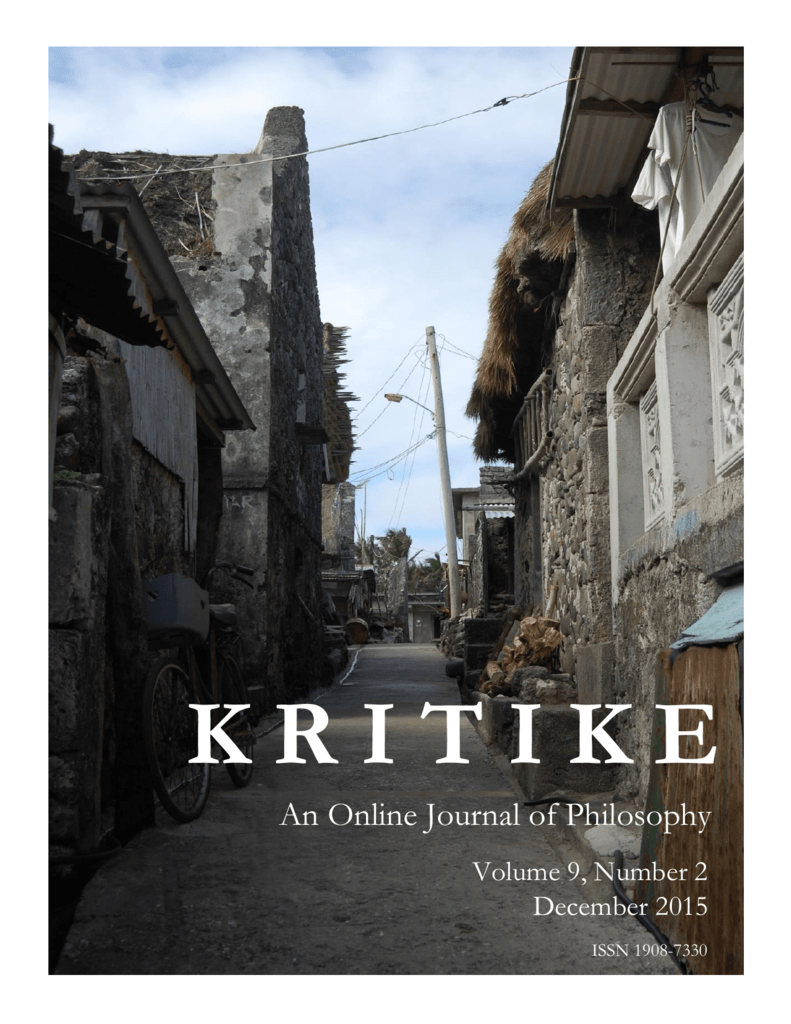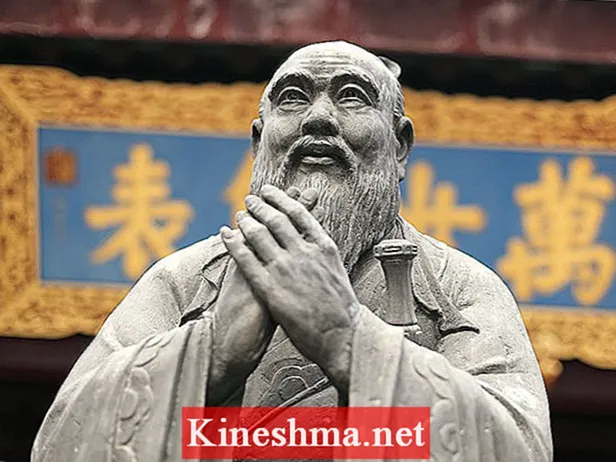Neo-Confucianism designates a galaxy of thinkers of various Confucian lineages beginning in the late Tang dynasty post-840s through the Qing dynasty 16441911 in China. The new school of Confucianism was known as Neo-Confucianism.
The first phase of the revival of the Confucian tradition was completed.

Buod ng neo confucianismo. Ang Confucius kənfjuːʃəs kən-FEW-shəs. Neo-Confucian neo Confucianism n. Não confundir com Novo confucionismo.
The rise of the particular school of Neo-Confucianism led by Zhu Xi takes on special meaning in this context. Noteworthy during the Bei Song was the emergence of a new Confucian metaphysics that was influenced by Buddhism and. 551-479 BC ay isang guro editor pulitiko at pilosopo ng Tsino na kasaysayan ng Spring at Autumn ng Tsino.
Neo-Confucian Philosophy Neo-Confucianism is the name commonly applied to the revival of the various strands of Confucian philosophy and political culture that began in the middle of the 9th century and reached new levels of intellectual and social creativity in the 11th century in the Northern Song Dynasty. Wikipédia a enciclopédia livre. The scholars who evolved this intellectual system were themselves well versed in the other two philosophies.
Contextual translation of neo confucianism into Tagalog. Of or pertaining to an eclectic philosophical movement of the 12th to the 16th centuries incorporating Taoist and Buddhist elements with an adaptation of Confucianism. Neo-Confucianism is considered as the controlling ideology of the Tokugawa period 1603-1867 which has frequently been interpreted within the framework of modernization theories which regard the growth of Neo-Confucianism during this time as a movement towards rational secular thought in contrast to the predominantly spiritual and religious concerns of medieval Buddhism.
El neoconfucianismo consideraba la realidad como una realización gradual del Gran Último. Human translations with examples. Sagot NEOKOLONYALISMO Sa paksang ito ating tatalakayin kung ano nga ba ang tinatawag na neokolonyalismo ang kahulugan nito at mga halimbawa.
Ang neokolonyalismo ay ang impluwensyang panlipunan at pangkultura ng mga mananakop. Neo-Konfusianisme Hanzi sederhana. The new school of Confucianism was known as Neo-Confucianism.
Sòng-Míng lǐxué often shortened to lixue 理學 literally School of Principle is a moral ethical and metaphysical Chinese philosophy influenced by Confucianism and originated with Han Yu and Li Ao 772841 in the Tang Dynasty and became prominent during the Song and Ming dynasties under the formulations of Zhu Xi. Nee oh keuhn fyooh sheuhn adj. Neo-Confucianism is the English reference to the revival of Confucian religious social and ethical thought that eventually dominated Chinese official culture from the 13th through the 19th century.
Itoy impluwensya na walang ginamit na military o pulitikal na kontrol para makamit. El budismo y el taoísmo afirmaron que la existencia salió de la no existencia y volvió a ella. Song-Ming Lǐxué sering disingkat dengan 理學 adalah filosofi Tiongkok etika dan metafisikal dipengaruhi oleh Konfusianisme yang terutama dikembangkan selama Dinasti Song dan Dinasti Ming tetapi yang dapat ditelusuri kembali ke Han Yu dan Li Ao.
The scholars who evolved this intellectual system were themselves well versed in the other two philosophies. As early as the 9th century there was a renewed interest in Confucianism which had been eclipsed by Buddhism for roughly seven hundred years. A discussion of how the relative influence of Confucianism Taoism and Buddhism has changed from the Han through the Tang and Song dynasties.
Confucianism buod ang mga turo ni Confucius na nagbibigay-diin sa pagmamahal sa sangkatauhan mataas na halaga na ibinigay sa pag-aaral at sa debosyon sa pamilya kabilang ang mga ninuno kapayapaan katarungan naiimpluwensyahan ang tradisyunal na kultura ng Tsina Pangkalahatang-ideya. Microlith neo phyte confucianismo neo behaviorism neo kolonyalismo. Ano Ang Neokolonyalismo.
The intellectual activities of the Song Sung dynasty 960-1279 gave rise to a new system of Confucian thought based on a mixture of Buddhist and Taoist elements. The basic beliefs of Neo-Confucianism are that the ethical codes taught by Confucius were connected with a metaphysical plan li and that individuals were guided by a force qi to improve their. Song-Ming Lǐxué por vezes abreviado 理學 é uma filosofia ética e metafísica chinesa influenciada por Confúcio que foi primeiramente desenvolvida.
The Neo-Confucian upsurge beginning in the late Tang embraced many exciting extensions of the Classical vision. The intellectual activities of the Song Sung dynasty 960-1279 gave rise to a new system of Confucian thought based on a mixture of Buddhist and Taoist elements. Ang pilosopiya ni Confucius na kilala rin bilang Confucianism ay nagbigay-diin sa personalidad at moralidad ng pamahalaan katumpakan ng mga relasyon sa lipunan katarungan at katapatan.
Neo-Confucianism is a Far Eastern philosophical current that took off under the Chinese Song dynasty and became the official version of Confucianism from the 14th century until the very beginning of the 20th century despite competition from. The rise of Neo-Confucianism. O neoconfucionismo chinês tradicional.
As an international movement it incorporated profound contributions by scholars in Korea Japan and Vietnam. Neo-Confucianism is a philosophical movement that advocated a more rationalist and secular form of Confucianism by rejecting superstitious and mystical elements of Daoism and Buddhism that had influenced Confucianism during and after the Han Dynasty.


Tidak ada komentar